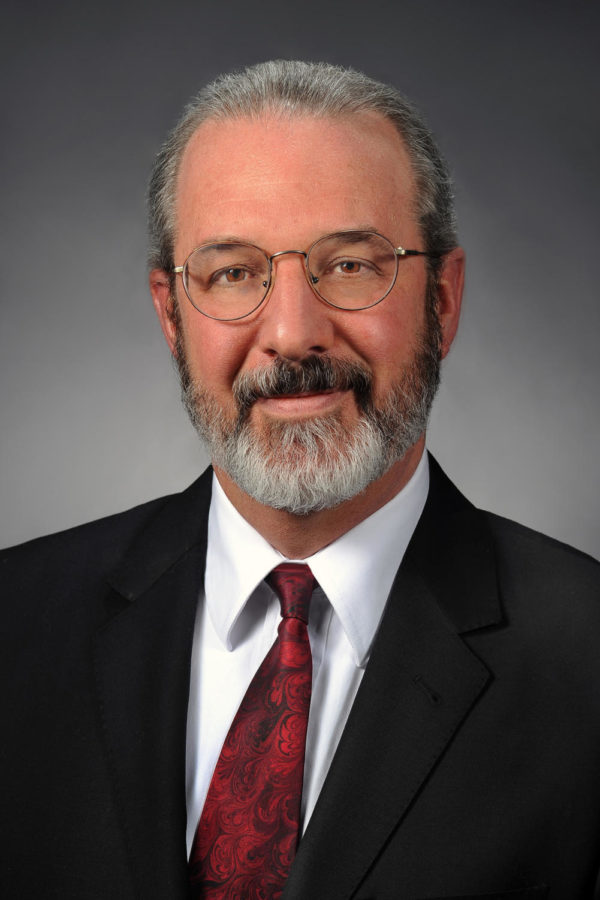Music’s Hopkins named new Center for Excellence in the Arts and Humanities director
Courtesy of Christopher Hopkins
Christopher Hopkins, associate professor of music and theatre has been named the new director for Iowa State’s Center for Excellence in the Arts and Humanities.
February 17, 2014
Christopher Hopkins, assistant professor of music, has been chosen as the new director of Iowa State’s Center for Excellence in the Arts and Humanities. Hopkins has been serving as director for the center since Feb. 1.
His primary objectives as director will be to support faculty research through development of internal grants and awards, advance the arts and humanities as a whole at Iowa State and encourage scholars supported by the center to reach their full potential. In his new position, Hopkins will report to and work closely with Sarah Nusser, vice president of research, and others within the College of Liberal Arts and Sciences and the College of Design.
“In his new position, I hope that Dr. Hopkins will raise visibility of the arts and humanities projects on campus,” said Beate Schmittmann, dean of the College of Liberal Arts and Sciences.
The process of selecting a new director began with departmental nominations when the need for a new director came up. Interviews began with a search committee of faculty, college deans, and Nusser once the applicant pool was narrowed down to three candidates.
“Hopkins was very energetic and showed a lot of interest in the position,” Schmittmann said.
“Dr. Hopkins’ background in the fine arts and his ability to collaborate across academic disciplines made him an ideal candidate for the position,” said Nusser.
Hopkins enjoys music of all genres, but he has a profound interest in classical music from the 16th and 17th centuries and experimental music from the mid-Twentieth century to today.
“My first career was playing cello in orchestras while studying composition, then a second career as a computer programmer in educational software and music publishing,” Hopkins said. “When I finally began my third career in a university setting, combining music technology with music composition seemed like a perfect fit for me.”
Hopkins studied at the Cleveland Institute of Music for his Master of Music degree and at Cornell University for his doctorate of musical arts degree. Prior to coming to Iowa State, Hopkins was on faculty at Syracuse University, University of Minnesota-Minneapolis and University of Illinois Urbana-Champaign where he taught courses in composition, music theory, electroacoustic music, music technology and interdisciplinary courses in digital arts.
Since Hopkins came to Iowa State, he has taught courses in music composition and music technology. Hopkins also created the music technology minor program.
“In my classes want to give students first of all a musical experience, but especially one that combines technological creativity with liberal arts kind of critical thinking,” Hopkins said. “I see myself as an enabler for students thinking creatively through the arts.”
Hopkins is a member of the Society of Electroacoustic Music and the Viola da Gamba Society of America. As part of the Society of Electroacoustic Music, Hopkins serves as director of conferences. In that position, Hopkins helps numerous universities develop proposals, technical planning and sponsorships for annual national conferences.
“As director of the Center for Excellence in the Arts and Humanities, I hope to continue to develop existing arts and humanities grant opportunities, build a collegial atmosphere for interdisciplinary research and help faculty to be strong positions for national and international awards,” Hopkins said. “Research works hand in hand with teaching. When an instructor takes time to develop new knowledge in their field of expertise, they are more fully able to communicate the subject they’re teaching and relay the most current and salient information to their students.”

















